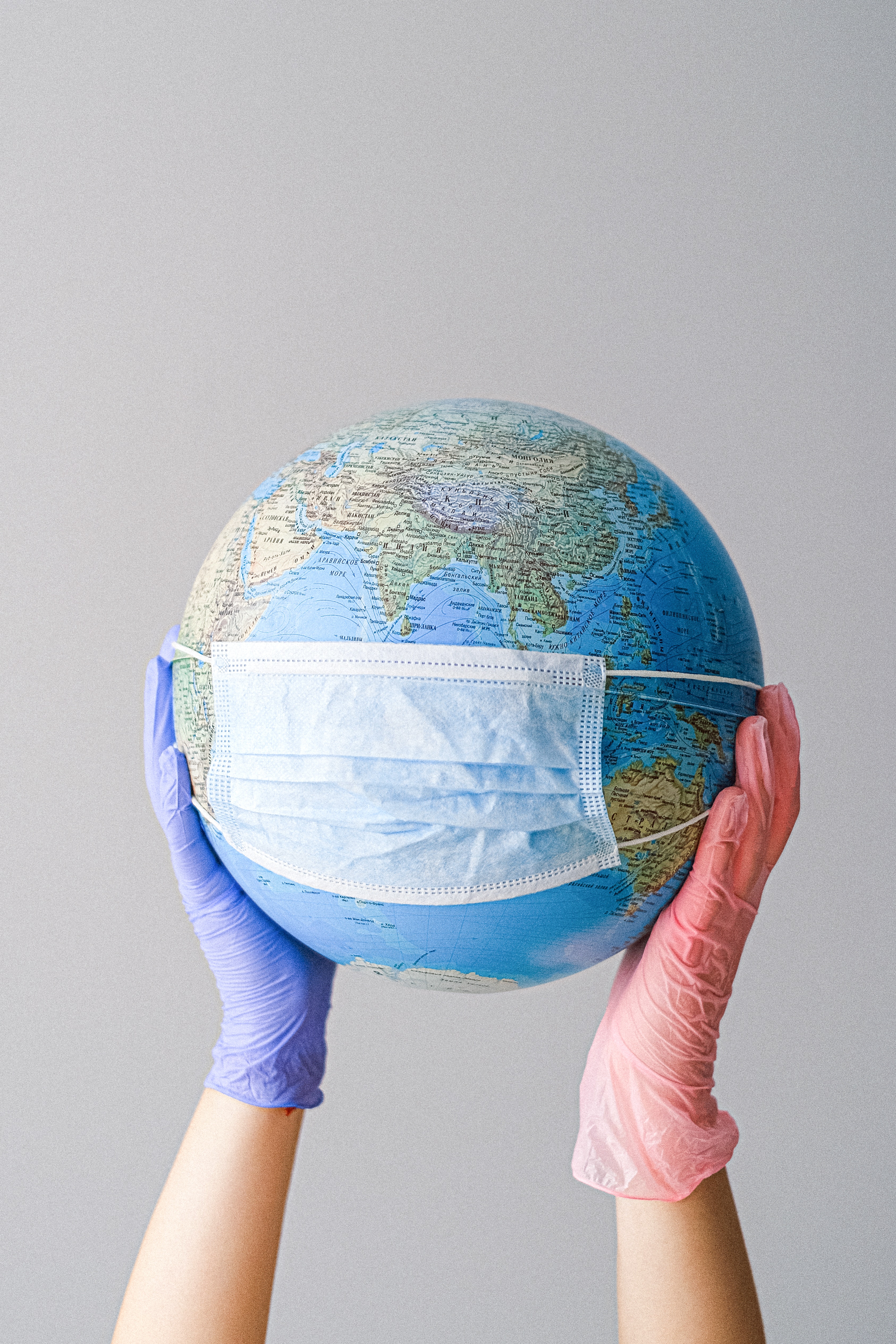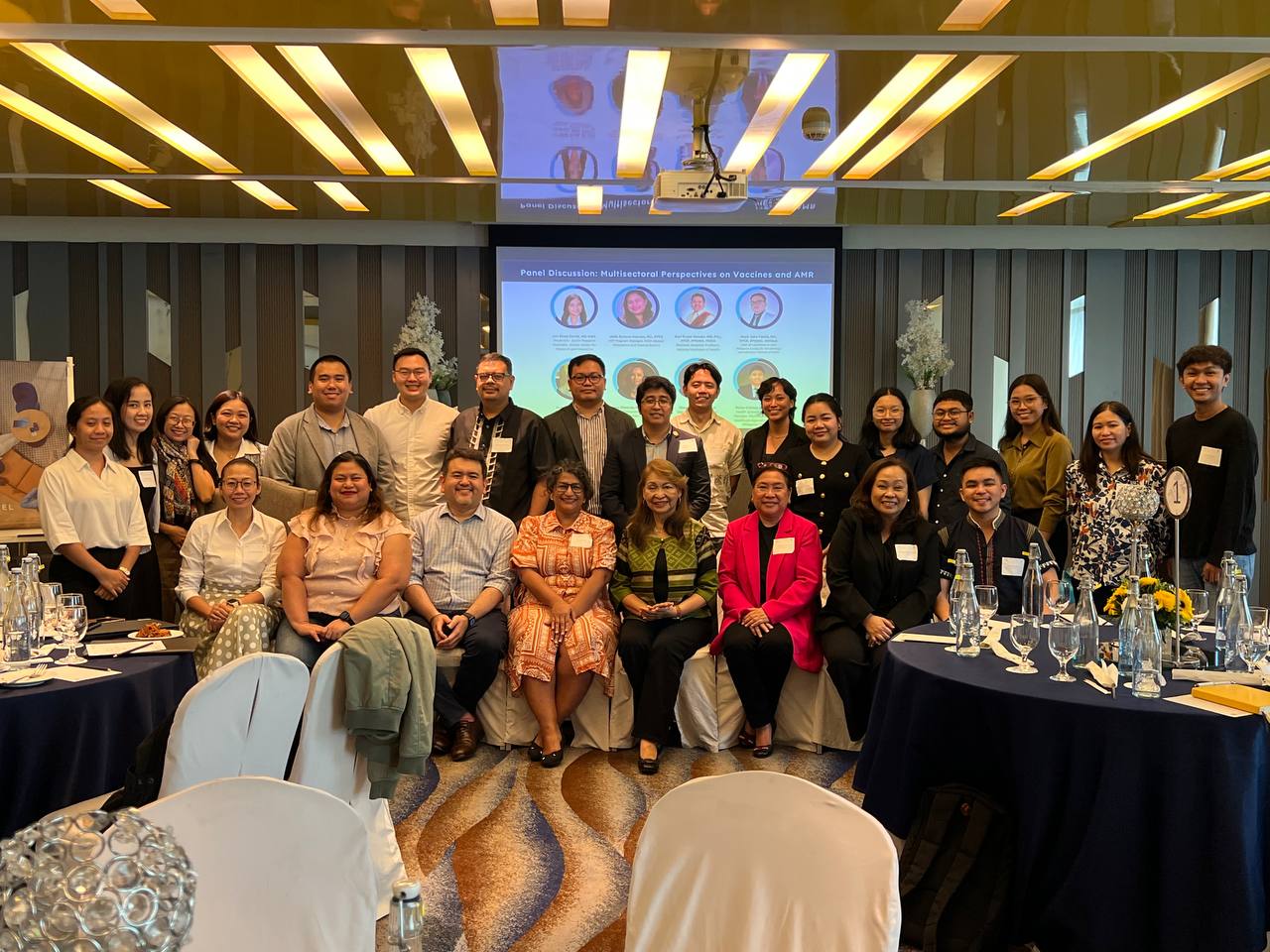
Promoting the safety of reusables to protect human and environmental health
The COVID-19 pandemic ushered in a new ‘normal’ level of dependence on single-use plastics. Online shopping, takeouts, and deliveries took over as people’s mobility was greatly limited during the lockdowns. However, while human safety is of utmost priority and importance, we must also be mindful of its effects on the environment. Plastic waste may cause more risks to human health if left unchecked. This has brought to life questions single-use vs. reusable goods in the context of a global public health crisis. The Ateneo School of Medicine and Public Health, represented by Dr. Geminn Louis C. Apostol, a leading Environmental Health Specialist, joins 125 experts from all over the world in supporting Greenpeace’s statement regarding the safety of reusables during COVID-19. Dr. Apostol explains, “While ensuring adequate access to PPE is paramount, the pandemic has exposed how both the medical and nonmedical community have an unnecessary and dangerous reliance on disposable, single-use materials. Widespread use of single-use PPE has resulted in enormous quantities entering waste management streams, contaminating both public spaces and natural environments and creating additional threats to public health and safety.” With proper hygiene and disinfection practices, reusable products can safely be used, protecting both human and environmental health.
Photo by Anna Shvets from Pexels: https://www.pexels.com/photo/hands-with-latex-gloves-holding-a-globe-with-a-face-mask-4167544/
-

The Unseen Link: Vaccines and Antimicrobial Resistance in the Philippine Context
Antimicrobial resistance is already claiming lives, and the global pipeline for new antibiotics is shrinking. In August 2025, experts gathered to explore a critical question: Can vaccines become a frontline weapon against AMR? The science is clear—by preventing infections, vaccines reduce antibiotic use and slow resistance. But translating this into action means confronting data gaps, political barriers, and financing challenges. As one expert noted: "When we vaccinate, we reduce the frequency of these diseases. That means fewer antibiotics—used and misused." With no country in the Global South yet integrating vaccines systematically into AMR strategies, the Philippines has a chance to lead—if stakeholders can move from consensus to action.
-

Advancing vaccine uptake to mitigate antimicrobial resistance (AMR) in low and middle-income countries of South or South-East Asia
This project explores how strengthening vaccine uptake can serve as a key strategy to mitigate antimicrobial resistance (AMR) in the Philippines and across South and South-East Asia. By reducing the burden of vaccine-preventable diseases and the unnecessary use of antibiotics, the study aims to provide actionable recommendations for national and institutional stakeholders to better integrate vaccination initiatives into AMR control efforts, ultimately contributing to stronger, more resilient health systems.
